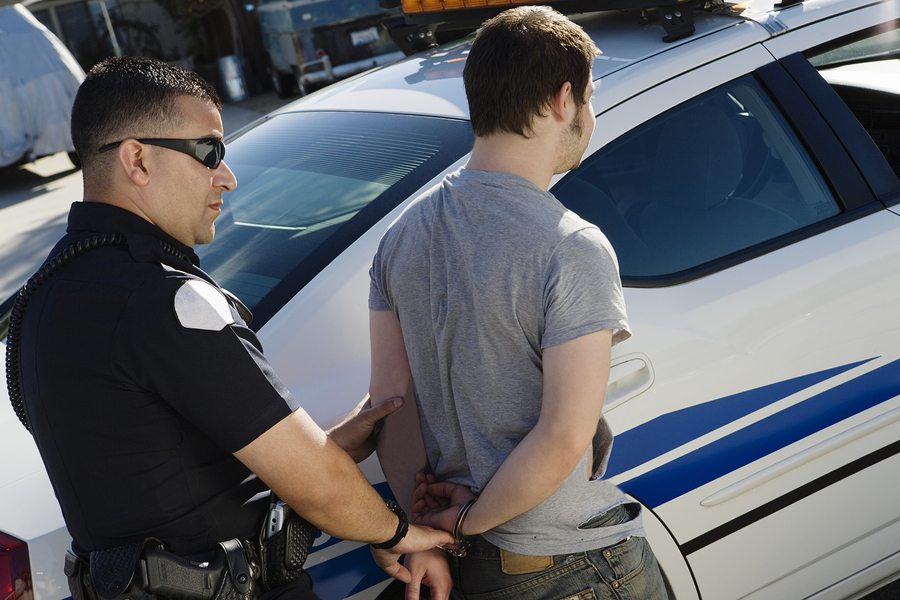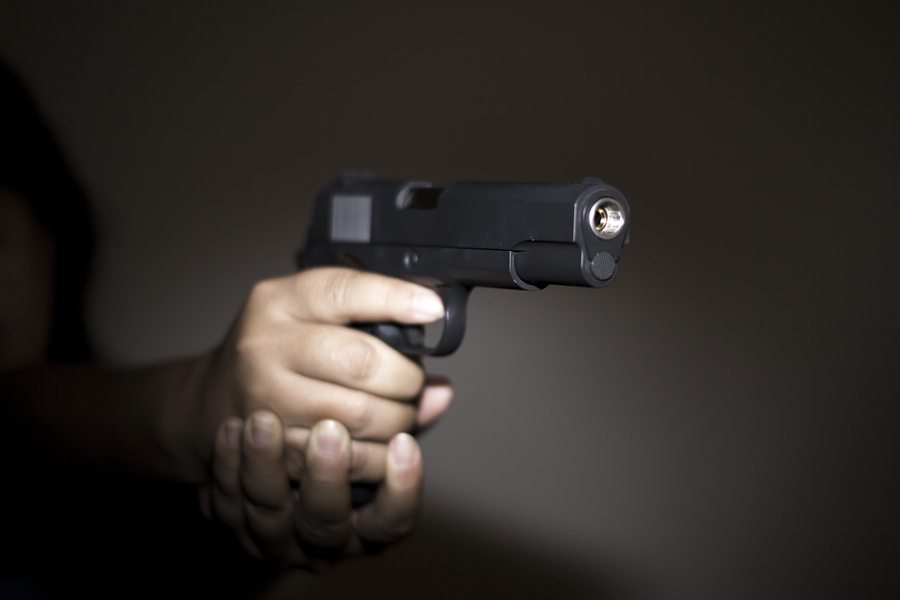Like most states, New York separates crimes into two broad categories: misdemeanors and felonies. Misdemeanors are minor offenses for which jail time is limited to one year maximum, though a conviction will still result in a criminal record. Felonies, which are much more serious, carry extremely harsh penalties that far exceed the consequences a defendant would face for a misdemeanor. If you have been charged with committing a felony in New York City, such as being charged with grand larceny in Brooklyn, it is absolutely critical that you contact an experienced Brooklyn criminal defense lawyer as soon as possible for legal help.
Examples of Felony Offenses by Class Under New York’s Penal Law
New York divides felonies into five groups called “classes.” They consist of:
- Class E Felonies (Violent, Non-Violent)
- Class D Felonies (Violent, Non-Violent)
- Class C Felonies (Violent, Non-Violent)
- Class B Felonies (Violent, Non-Violent)
- Class A Felonies (Violent)
Class A felonies are the most serious type of crime a defendant can be charged with under New York’s criminal laws. Class E felonies are, comparatively, the “least serious,” though that term is somewhat misleading as all felonies are capable of resulting in at least several years of incarceration.
Listed below are a few examples of felony offenses in New York, organized by class. Keep in mind this is not an exhaustive list of all possible felony charges.
- Class E Violent Felonies
- Fourth Degree Aggravated Sexual Abuse
- Persistent Sexual Abuse
- Class E Non-Violent Felonies
- Aggravated Assault Against a Victim Under 11
- Criminal Possession of a Firearm
- Criminally Negligent Homicide
- First Degree Menacing
- Fourth Degree Grand Larceny
- Fourth Degree Healthcare Fraud
- Second Degree Identity Theft
- Second Degree Stalking
- Second Degree Vehicular Assault
- Third Degree Criminal Sale of Marijuana
- Third Degree Rape
- Class D Violent Felonies
- First Degree Sexual Abuse
- Second Degree Assault
- Third Degree Aggravated Sexual Abuse
- Third Degree Criminal Possession of a Weapon
- Third Degree Criminal Sale of a Firearm
- Class D Non-Violent Felonies
- Aggravated Insurance Fraud
- First Degree Criminal Use of Drug Paraphernalia
- First Degree Patronizing a Prostitute
- Second Degree Forgery
- Second Degree Vehicular Manslaughter
- Third Degree Burglary
- Third Degree Money Laundering
- Third Degree Robbery
- Class C Violent Felonies
- Second Degree Aggravated Manslaughter
- Second Degree Criminal Use of a Firearm
- Second Degree Gang Assault
- Second Degree Robbery
- Class C Non-Violent Felonies
- Aggravated Criminal Possession of a Weapon
- Aggravated Vehicular Assault
- First Degree Criminal Possession of Marijuana
- First Degree Vehicular Manslaughter
- Second Degree Insurance Fraud
- Second Degree Money Laundering
- Class B Violent Felonies
- First Degree Assault
- First Degree Burglary
- First Degree Criminal Sale of a Firearm
- First Degree Criminal Sexual Act
- First Degree Manslaughter
- First Degree Rape
- First Degree Robbery
- Class B Non-Violent Felonies
- Aggravated Vehicular Homicide
- Criminal Sale of a Controlled Substance to a Child
- First Degree Criminal Mischief
- First Degree Grand Larceny
- Sex Trafficking
- Third Degree Criminal Possession of a Controlled Substance
- Class A Felonies
- Aggravated Murder
- First Degree Murder
- Operating as a Major Trafficker
- Predatory Sexual Assault Against a Child
- Second Degree Murder

Criminal Fines and Prison Sentences for Felony Crimes in Brooklyn
In the last section, we described how felonies are separated into different classes. The way a felony is classified is critically important for the defendant, because each class carries different criminal penalties. While mitigating and aggravating factors play a crucial role in determining the length of a prison sentence, sentencing possibilities are predetermined by the felony class. For example, a defendant who gets convicted of a Class C felony can be sentenced to more than twice as many years in prison as a defendant found guilty of a Class D felony.
New York felonies carry the following sentencing possibilities:
- Class E Felony
- Violent – Probation, 1 ½ to 4 years
- Non-Violent – Probation, 1 1/3 to 4 years
- Class D Felony
- Violent – 2 to 7 years
- Non-Violent – Probation, 1 – 3 to 7 years
- Class C Felony
- Violent – 3 ½ to 15 years
- Non-Violent – Probation, 1 – 2 to 15 years
- Class B Felony
- Violent – 5 to 25 years
- Non-Violent – 1 – 3 years, up to 25 years
- Class A Felony – 20 – 25 years, up to life in prison
A skilled attorney may be able to have the charges against you reduced, depending on the details of your situation. For example, your criminal lawyer may be able to persuade the prosecutor that you should be charged with a Class E felony instead of a Class D felony, which would dramatically shorten the potential sentence. It may even be possible to have a Class E felony reduced to a misdemeanor, which can make a world of positive difference when it comes to job-hunting.

Get the Experience of a New York Criminal Lawyer on Your Side
If you or one of your loved ones was arrested for a felony in Brooklyn, Manhattan, or Queens, call the Brooklyn criminal defense attorneys of Sullivan & Galleshaw at (800) 730-0135 right away for a free legal consultation. We will keep your information confidential.

